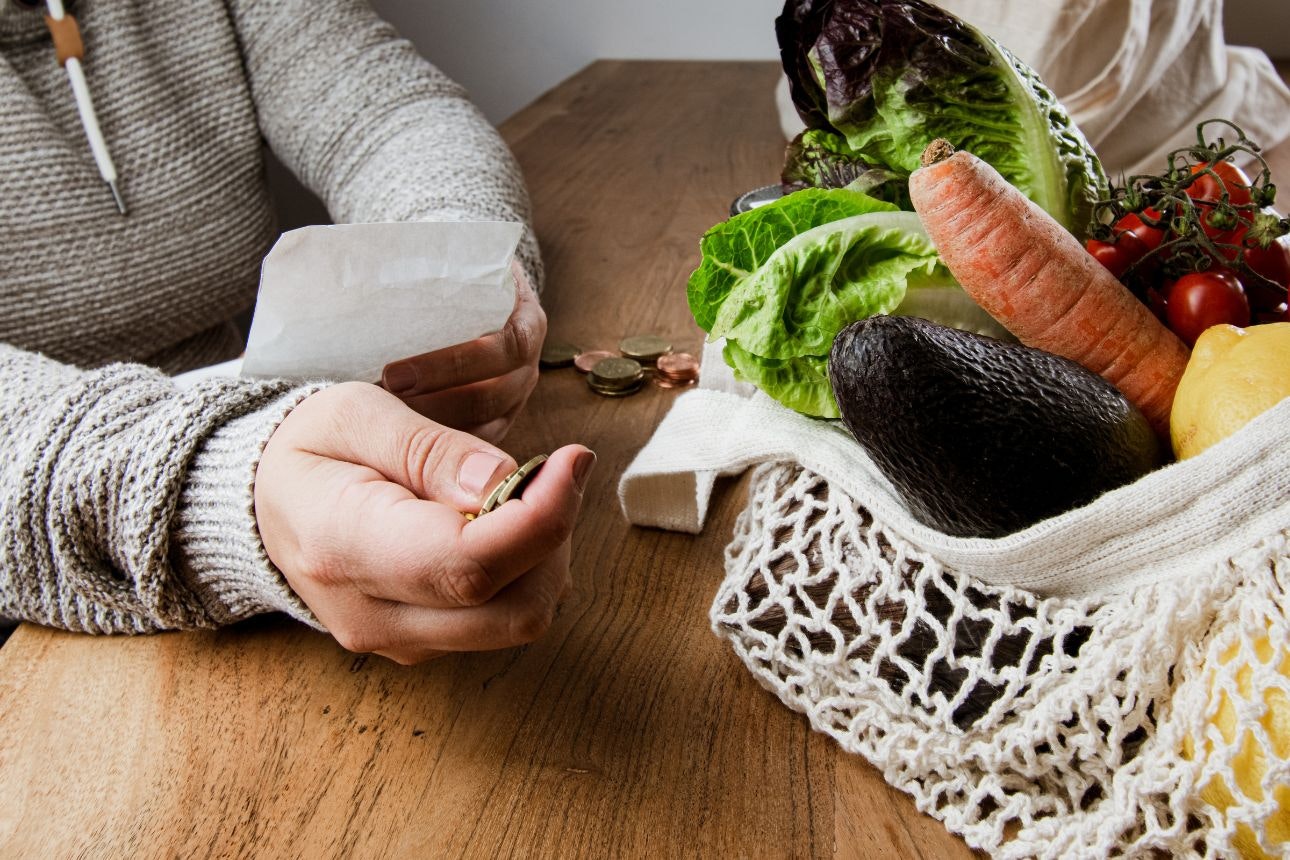
By Chris Schulz
Investigative Journalist | Kaipūrongo Whakatewhatewha
Nawton residents were outraged when their local Countdown closed, cutting off a crucial community service. Now, they're celebrating the opening of a new supermarket, one that's trying an unusual approach: letting residents have a say in how it runs.
When Countdown announced plans to close its Nawton branch, it was a dark day. Residents living in the Hamilton West community had supported their small supermarket for 35 years. They were outraged. "We deserve to know why they are closing it down," one resident was reported as saying at a community meeting where locals, council staff and MPs demanded answers.
It was too late. The decision was made. Countdown said the building was "outdated [and] unable to meet the needs of a modern retail supermarket". It wouldn't change its mind. By the middle of 2023, the end was nigh. "It was our little village, it was the place where everyone met everyone," a forlorn resident told me. "It really was the hub of the community."
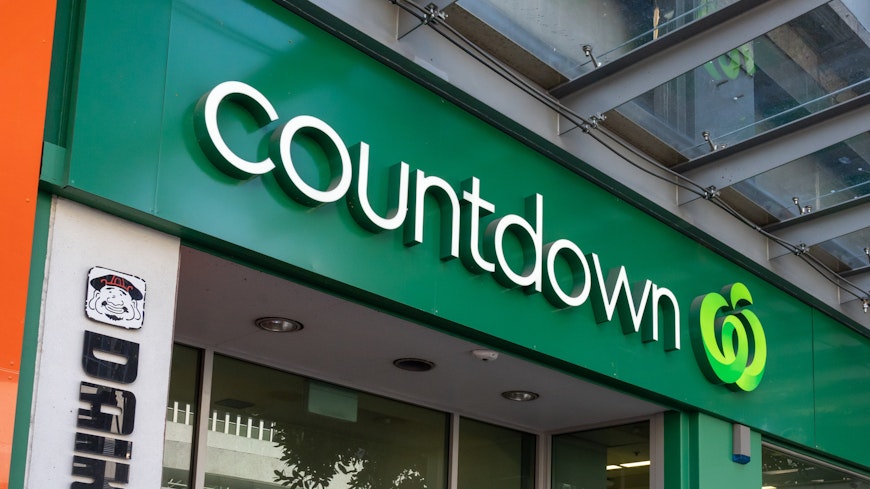
On 23 July 2023, Countdown Nawton closed its doors for the last time. There was no fanfare, no farewells, no thanks given back to the community that had supported the Australian-owned supermarket – a chain that recently spent $400 million rebranding its 185 Countdown stores around Aotearoa into Woolworths NZ. "They did nothing," says Nawton resident Paula Salisbury. "They just left."
So Nawton's residents – 8,430 people, but the supermarket serviced many more living in surrounding suburbs – decided to host their own farewell. Salisbury helped plan a party. The local community centre paid for a sausage sizzle. Thirty-five helium balloons were released as staff walked out for the last time. Someone wrote, “We will miss you,” in pink chalk on the concrete outside.
They did this to show that "this place really matters,” says Salisbury. “We lost a lot when this place closed down.” Woolworths NZ officials didn't attend. "Nobody came down," says Salisbury. "Nobody talked to us." A Woolworths NZ spokesperson didn’t respond to a Consumer query asking why they hadn’t, but provided a written statement: "This was not a decision we took lightly".
Nawton residents partied while their supermarket closed because the place was important to them. It wasn't any old grocery store. It was a chance for the community to connect, check in, and look each other in the eye. Nawton, says Salisbury, needs that. The suburb has issues. A former police officer who covered the region told me it was a low-decile community with high crime rates. We spoke near a motorbike with a broken ignition: he’d just encountered an attempted theft in a nearby carpark.
Despite this, people care about Nawton. They look out for one another. "We live amongst the salt of the earth," says Salisbury. She's a South African who, with her husband and their three children, has lived there for 15 years. One local cooks 100 meals a week for those in need in a school kitchen. Others post on Facebook, offering surplus food. If possible, they’ll offer to drop it off too.
So Countdown Nawton wasn't considered to be any old business. Few minded that it was part of a duopoly accused of creating a grocery sector raking in $1 million a day in excess profits. Instead, this suburb's small supermarket served a different role, giving residents jobs, the community a hub and residents a reason to come together.
One day it was there. And the next it was gone.
A party with a different vibe
Kids grab coloured hula-hoops and spin them around their waists. A DJ plays tunes that have people nodding their heads and shaking their hips. A barbecue and chairs are dragged into place. It's just past 10am on an overcast, occasionally drizzly Saturday, yet, in a small concrete courtyard in Hamilton West, as Pharrell's upbeat song “Happy” blasts out of the speakers, the sun has come out.
It's late August, a little over a year since Countdown closed its doors, and Consumer NZ has been invited to Nawton to take part in the Good Sports Party. This community-led event is a different kind of party to the one held to mark Countdown’s closing day. Things are brighter, the vibe's more upbeat, jokes and smiles are shared. Business owners offer discounts and chocolate fish are handed out.
There's another reason for the celebrations, too, one that everyone seems to recognise the significance of. On May 4, after a series of dead ends, false starts and failed negotiations, the seemingly impossible happened: Nawton got its supermarket back.
When Countdown closed, locals were forced to travel elsewhere to get their groceries. For the elderly and the disabled, this was a real problem. "For people who can't walk or don't drive it's a real hassle to get anywhere," says Salisbury. She watched her community struggle with the closure. "They were begging rides from each other. We really missed it."
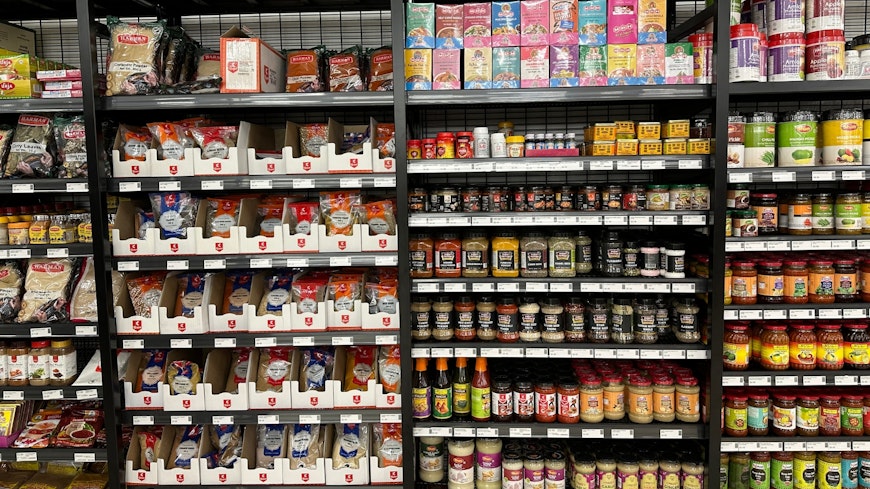
More meetings were held, and multiple business owners were approached to see if they were prepared to chance their arm and open a supermarket. That's a huge risk when going up against a $25 billion sector with just two major players: Foodstuffs, the owner of New World and Pak’nSave, and Woolworths NZ. In a landscape where the duopoly controls 82% of the market, new entrants have struggled to compete.
Last year, the seemingly successful Supie, an online-only grocer widely available in Auckland, Hamilton and Tauranga (with plans to expand to the rest of the country), closed when it ran out of money. Despite a successful launch in West Auckland, the American subscription supermarket giant Costco has reported a first-year loss of $21 million.
So, for 8 months, Nawton's community struggled to survive. “It … just died,” says Paul Tierney. He’s a former police officer who, for the past year, has run a youth programme called Here2Care. He loves the suburb and despaired when the supermarket closed. “We have a tough element to things,” he says. “But, when you get to know even some of the hard-edged young people, there's a heart in there.”
Salisbury describes this time as “like trying to get a phoenix to rise from the ashes”. Everyone was desperate to find a solution. "I know how much my community needs access to essentials, and they needed their hub back,” she said.
Enter Rakesh Patel. The Auckland-based business owner was approached by local MP Tama Potaka and the supermarket building's landlord to see if they would be interested in opening up a replacement in Nawton. He raised the obvious concerns: crime rates and the duopoly. Finally, he decided to go for it. And FIFO was born.
The state of our supermarket sector
Anyone walking in the front doors of most supermarkets around the country, whether that's Pak'nSave, New World, Countdown or Four Square, finds an increasingly uniform range of products at standardised prices, often promoted through brazen sales tactics.
That means overwhelming signage and a confusing array of tiered specials, often tied to loyalty programmes that collect significant amounts of personal data. Despite proclaimed steep discounts of 45% or more on products, a Consumer survey found supermarket specials can often be found cheaper just by shopping around.
As a result, the cost of food and groceries has been the biggest financial concern facing New Zealanders for the past 2 years, Consumer’s sentiment tracker survey shows. A 9-month campaign we ran in 2022 and 2023 found 600 examples of dodgy pricing at supermarkets, including products on special that cost more than their regular prices. This, says the Commerce Commission, is costing shoppers tens of millions of dollars a year.
Meanwhile, our tracker shows trust in supermarkets has fallen further than any other industry over the past 3 years, dropping 13 percentage points between June 2021 and July 2024.
A recent report by the Commerce Commission's grocery commissioner, Pierre van Heerden, who was hired to create "a better and fairer grocery sector", suggests the country’s supermarket duopoly is helping push supermarket prices and profit margins to record highs, painting what he describes as “a concerning picture”.
A stark presentation held to unveil the Commission's report in early September was called a "red flag" for the state of competition in the grocery industry. Gemma Rassmussen, Consumer NZ’s head of research and advocacy, said supermarket retail margins continued to increase while thousands of households struggled to put food on the table. "We think this speaks to the audacity of our duopoly who continue to squeeze suppliers and increase their margins at the checkout."
How FIFO is doing things differently
The big yellow sign outside announces a supermarket that dares to do things differently. Called FIFO, the name chosen for Patel's new and completely independent Nawton supermarket stands for "Fresh In, Fresh Out". Step inside FIFO’s front doors to the space vacated by Countdown and there's a very different vibe to all those other supermarkets. Summed up in one word, it would have to be "inviting".
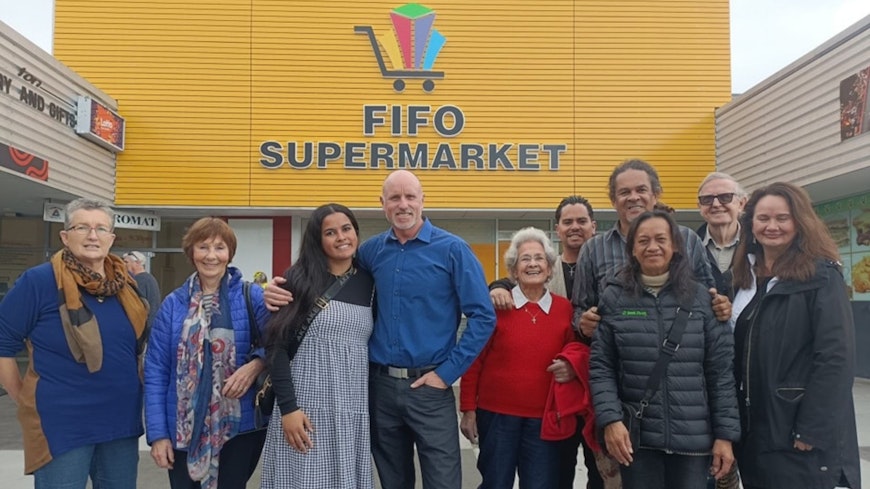
Initially, shoppers are greeted by Martin Creed, a life-long security guard who stands by the front doors in a high-vis vest. Instead of an aura of intimidation, Creed cultivates a friendly environment by sharing handshakes and jokes with regulars as they arrive. "I get to meet a lot of different people, not just my neighbours but [everyone] else's too," he says. He sees his role as integral to the FIFO experience. "That's part of it ... talking to me."
After grabbing a basket or trolley, shoppers find a different range of products to those offered by the major players. Suppliers yet to fully embrace the duopoly wholesale system are able to find shelf space at FIFO, including The Coco Company, a Pōneke-based creator of on-the-go coconut milk drinks, and EG., a Bulls-based free-range egg company only stocked in a small number of places.
FIFO's in-house butcher crafts a range of unique sausages – flavours include madras curry, merlot and cracked pepper, and apple and sultana – that often sell out. Their prices are good, too. On the day Consumer visits, red kumara is $1.99 per kilo (at Woolworths, it's up to $6); Roma vine tomatoes are $5.99 for a packet of eight (at Woolworths, they're $8.59); and those sausages are on special at $14.99 a kilo (at Woolworths, their home-brand pork sausages are $17.78 a kilo).
Perhaps the biggest changes, though, are behind the scenes. Community input isn’t just welcomed, it’s considered vital to FIFO’s survival. When some requested a bigger spice range, an entire international food section was set up. When neighbourhood elders complained of having nowhere to sit, a kaumatua chair was placed near the entrance. On the day Consumer visits, it’s already in use by two people – and they’re busy having a chinwag with Creed.
That for-the-community spirit means many are happy to donate their time to make FIFO work. Salisbury is one of the supermarket’s biggest volunteers. She runs the Facebook page, set up the loyalty programme, organises staff meetings, helps out with graphic design, often acts as a spokesperson and put together today’s party. When asked if she gets paid, she replies, “They couldn’t afford it ... it’s a start-up.”
Salisbury is doing everything she can to make this work, because she knows how risky the venture is. She’s in awe of Patel’s decision to attempt something this brave. “He’s doing it out of community service. He’s put his livelihood on the line for Nawton. He’s done it for the simple desire to help the community,” she says. “I think he’s really courageous.”
Can a community-led supermarket work?
When Consumer finds Patel, he’s pushing a trolley around FIFO, doing his own grocery shopping. He’s preparing a curry for a community of friends back in Auckland, so has spinach, cream and roti on his list. Near the super-cheap kumara stand, Patel says he decided to open FIFO after hearing about Nawton’s struggles. “We heard that people had trouble getting to other supermarkets,” he says.
It’s still early days, and Patel says it’s too soon to say if it’s working. There are issues. He’s got a section set aside to offer alcoholic beverages, but is still waiting for a liquor licence, so can’t use it yet. Because his supermarket’s still so small, some wholesalers won’t deal with him, so he’s forced to source stock through the duopoly’s wholesale system. Are they easy to work with? “Fifty–fifty,” he says, after a pause.
Issues like these show what FIFO is up against. It’s attracted plenty of media attention since it opened, because of its brazenness, because of its community spirit, because of what it’s up against. It’s just one of several initiatives attempting the impossible; others include Foodie, a huge Asian supermarket operating near Costco in Westgate, Auckland, and The Warehouse, which is rumoured to be expanding its grocery offering.
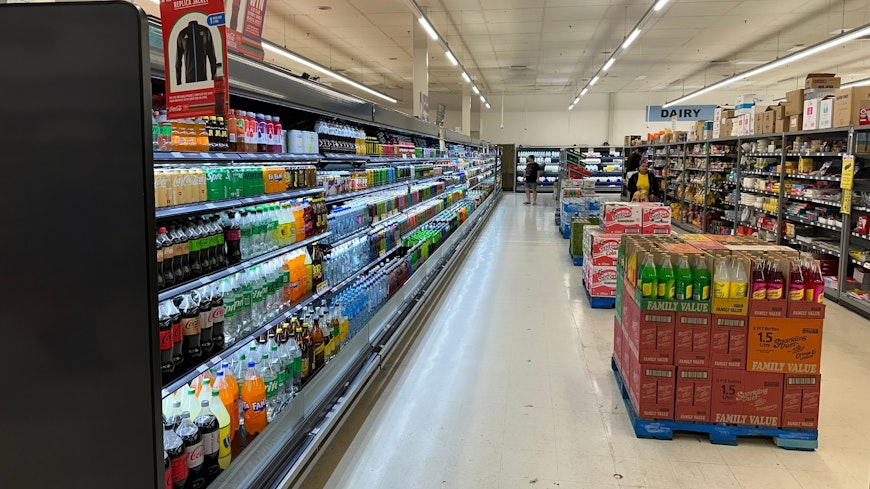
As Consumer’s sentiment tracker survey results and the Commission’s grocery report shows, there’s a long way to go before there’s a fair, competitive supermarket sector in play in Aotearoa. Yet, every member of the Nawton community spoken to was grateful to have their supermarket back. They also believe it offers a different model to the duopoly, one that should be copied by anyone else keen to give an independent supermarket a go.
Western Community Centre manager Neil Tolan describes the feeling at FIFO as a “small-town” vibe. “If I go there, I spend a while just talking to people,” he says. This simple activity is an important part of building and connecting a community, he says. “We have a lot of older people who live by themselves. It might be the only interaction they have.”
He points to the kaumatua chair and says, “That’s something other supermarkets wouldn’t do.” Salisbury agrees. “There’s a real humility here, knowing that FIFO and Nawton need each other.”
Consumer reached out to the duopoly to ask about their own community programmes. A Woolworths NZ spokesperson highlighted its hunger relief programmes, including in-store winter and Christmas food appeals. These have faced criticism as the supermarkets using them still makes margins on any product purchased and donated instore. In September, Woolworths staff from 200 supermarkets went on strike complaining of low pay rates and understaffing.
Foodstuffs, the owners of the brands Pak’nSave, New World and Four Square, pointed to a series of social supermarkets it has opened around the country. There, those in need are offered appointment slots to shop for free food. Some suggest these are used as a PR campaign to help cover the sector’s excessive profits. “They help reinforce and keep us in a place where the existence of food insecurity is the reality for a reasonable portion of our population,” one critic told us.
Salisbury has a dream, and it’s one I don’t think I’ve ever heard expressed from anyone connected to Woolworths, New World or Pak’nSave. “I want this to be the best loved supermarket in New Zealand because of what that would mean for my neighbourhood, for my neighbours who have deformed feet, who are grandparents raising grandchildren, who have no transport,” she says.
A community supporting its supermarket, and a supermarket doing the same in return. It sounds so simple, yet seems so hard to achieve in a market dominated by a duopoly driven by profits. “They can come here and get what they need, and they can get the support they need,” says Salisbury, “because we’re all in this together.”
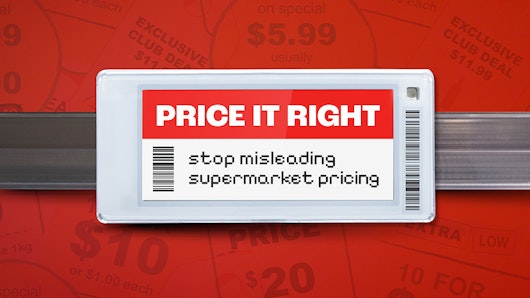
Make supermarkets price it right
Find out about our campaign to tell the government we need clear rules, stronger penalties and automatic compensation for shoppers.
Comments
Was this page helpful?
Related articles
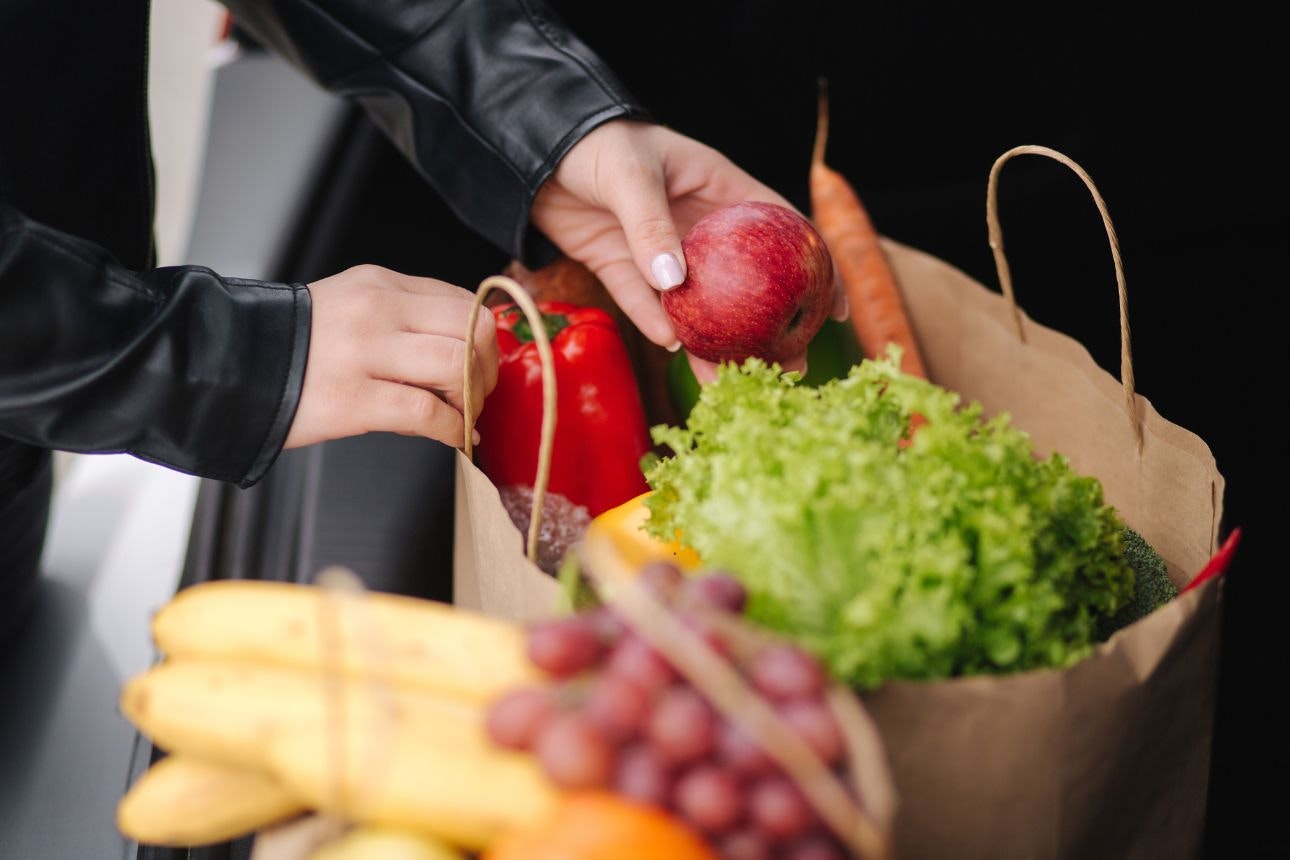
Consumer NZ thanks the public for sharing dodgy supermarket pricing examples, leading to criminal charges
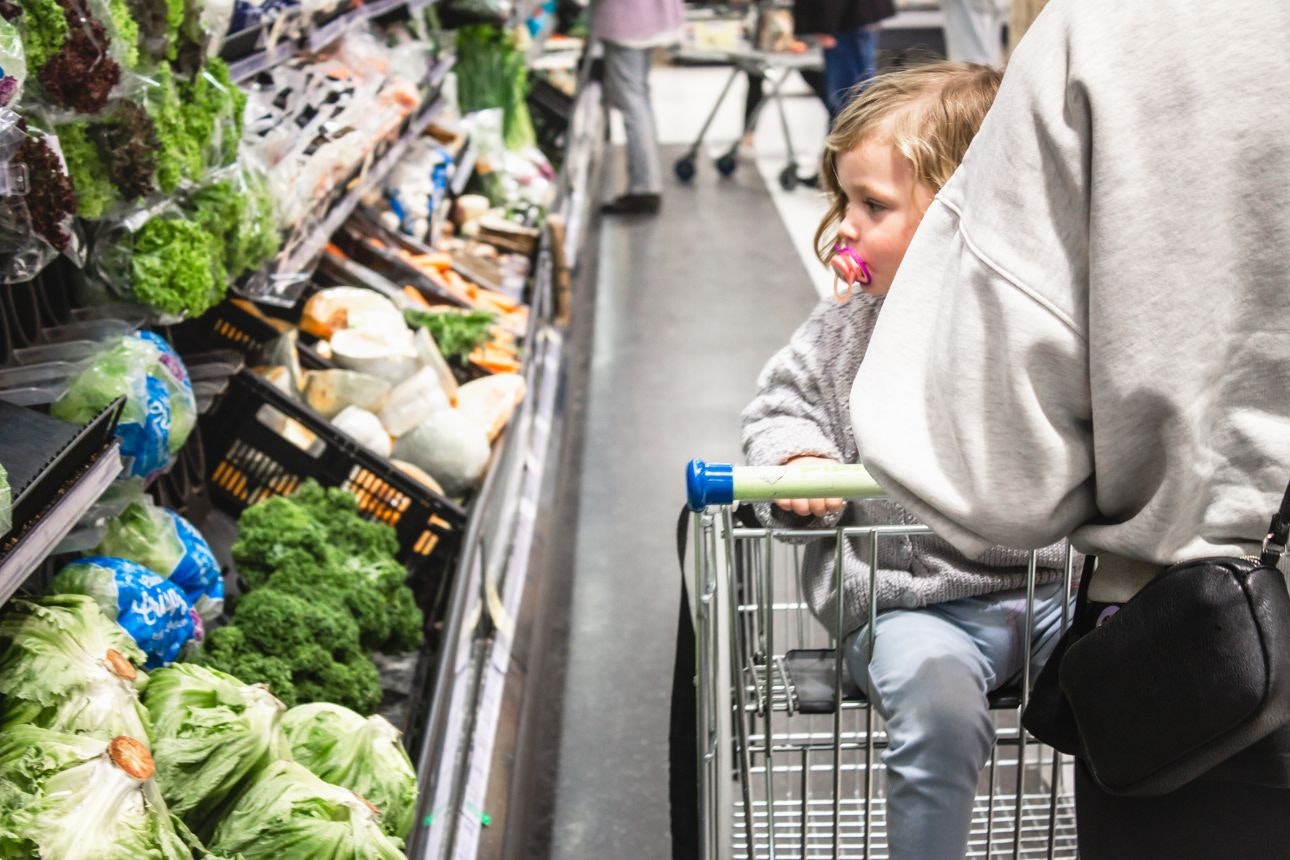
5 things we’ve learned about supermarkets
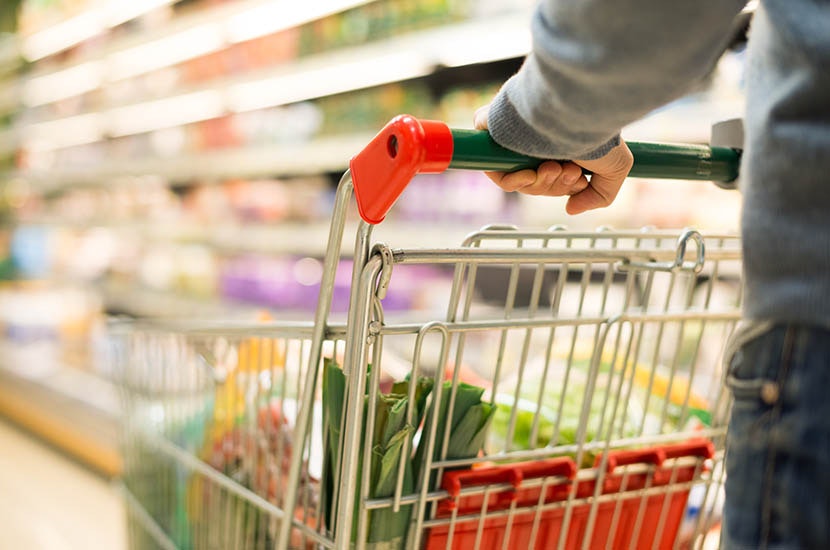
Consumer NZ urges New Zealand to learn from Australia’s supermarket inquiry
